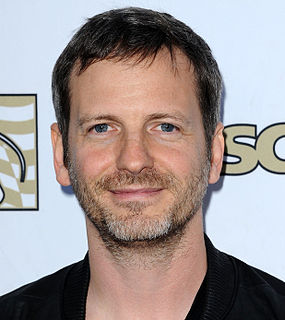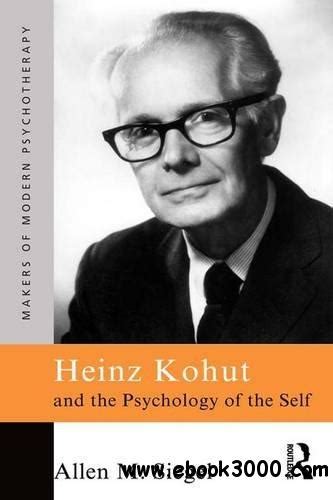A Quote by Leonard Bernstein
I believe that man's noblest endowment is his capacity to change.
Related Quotes
I believe that one can and must hope for a sane society that furthers man's capacity to love his fellow men, to work and create, to develop his reason and his objectivity of a sense of himself that is based on the experience of his productive energy. I believe that one can and must hope for the collective regaining of a mental health that is characterized by the capacity to love and to create.
I believe that dance is the oldest, noblest and most cogent of the arts. I believe that dance is the most perfect symbol of the activity of God and His angels. I believe that dance has the power to heal, mentally and physically. I believe that true education in the art of dance is education of the whole man.
In the beginning of his human life man was embryonic in the world of the matrix. There he received capacity and endowment for the reality of human existence. The forces and powers necessary for this world were bestowed upon him in that limited condition. In this world he needed eyes; he received them potentially in the other. He needed ears; he obtained them there in readiness and preparation for his new existence. The powers requisite in this world were conferred upon him in the world of the matrix.
You have despoiled churches. You have threatened every corporation and endowment in the country. You have examined into everybodys affairs. You have criticised every profession and vexed every trade. No one is certain of his property, and nobody knows what duties he may have to perform to-morrow. This is the policy of confiscation as compared with that of concurrent endowment.
The Criteria of Emotional Maturity: The ability to deal constructively with reality The capacity to adapt to change A relative freedom from symptoms that are produced by tensions and anxieties The capacity to find more satisfaction in giving than receiving The capacity to relate to other people in a consistent manner with mutual satisfaction and helpfulness The capacity to sublimate, to direct one's instinctive hostile energy into creative and constructive outlets The capacity to love.







































